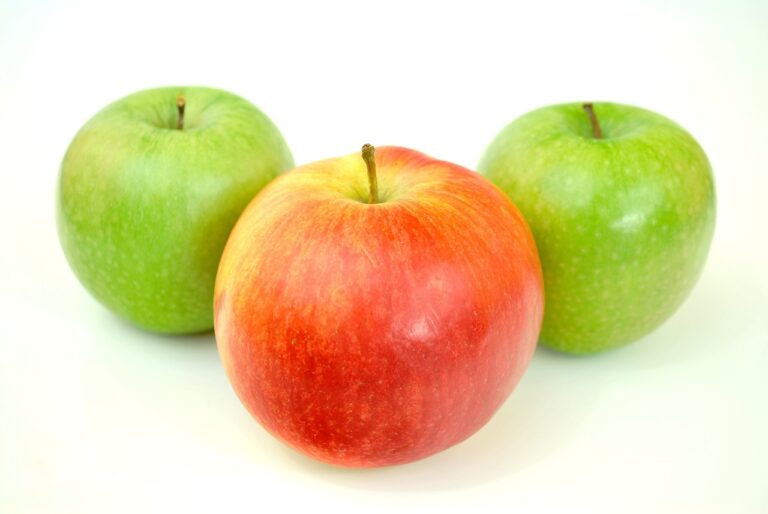Plant-Based Meat Alternatives: The Rise of Beyond Burgers and Impossible Foods
With the increasing awareness of sustainability and environmental issues, more people are turning to plant-based meat alternatives as a way to reduce their carbon footprint. Traditional meat production is known to have a high impact on the environment through greenhouse gas emissions, water usage, and deforestation. By choosing plant-based options, individuals can help mitigate these effects and contribute to a more sustainable food system.
Another factor driving the shift towards plant-based meat alternatives is the growing concern for animal welfare. Many consumers are becoming more conscious of the ethical implications of factory farming and are choosing plant-based options as a way to support more humane practices. By opting for plant-based meats, individuals can enjoy a similar taste and texture to traditional meat products without the negative consequences associated with animal agriculture.
– Plant-based meat alternatives help reduce carbon footprint
– Traditional meat production has high environmental impact
– Choosing plant-based options can contribute to a more sustainable food system
– Growing concern for animal welfare driving shift towards plant-based meats
– Consumers are becoming more conscious of ethical implications of factory farming
– Plant-based meats offer similar taste and texture to traditional meat products without negative consequences
The environmental impact of traditional meat production
Traditional meat production, particularly beef farming, has been associated with a significant strain on the environment. The process of raising cattle for meat involves vast amounts of land clearing for grazing, which contributes to deforestation and habitat destruction. Additionally, livestock farming is a major source of greenhouse gas emissions, with methane released from cattle being a notable contributor to climate change.
Moreover, traditional meat production requires extensive water usage. From providing drinking water for the animals to growing feed crops like corn and soy, the meat industry is a significant consumer of freshwater resources. This intensifies water scarcity issues, especially in regions already struggling with drought and water shortages. The overall environmental footprint of traditional meat production is substantial and continues to raise concerns about sustainability and the long-term health of our planet.
Health benefits of switching to plant-based meat alternatives
Switching to plant-based meat alternatives can offer numerous health benefits. These products are often lower in unhealthy saturated fats and cholesterol compared to traditional meat, making them a heart-healthy choice. Additionally, many plant-based meat options are a good source of fiber, vitamins, and minerals, which are essential for a balanced diet and overall well-being.
Plant-based meat alternatives are also known to be gentler on the digestive system for many individuals. The absence of animal products in these alternatives can reduce the risk of certain health issues, such as foodborne illnesses associated with meat consumption. Furthermore, incorporating more plant-based options into your diet may help lower the risk of chronic diseases such as heart disease, diabetes, and certain types of cancer.
What are some reasons why more people are choosing plant-based meat alternatives?
People are choosing plant-based meat alternatives for various reasons, including concerns about animal welfare, environmental sustainability, and personal health.
How does traditional meat production impact the environment?
Traditional meat production has a significant negative impact on the environment, including deforestation, greenhouse gas emissions, water pollution, and habitat destruction.
What are some health benefits of switching to plant-based meat alternatives?
Plant-based meat alternatives are often lower in saturated fat and cholesterol compared to traditional meat, making them a healthier option for heart health. They also tend to be higher in fiber and certain vitamins and minerals.







